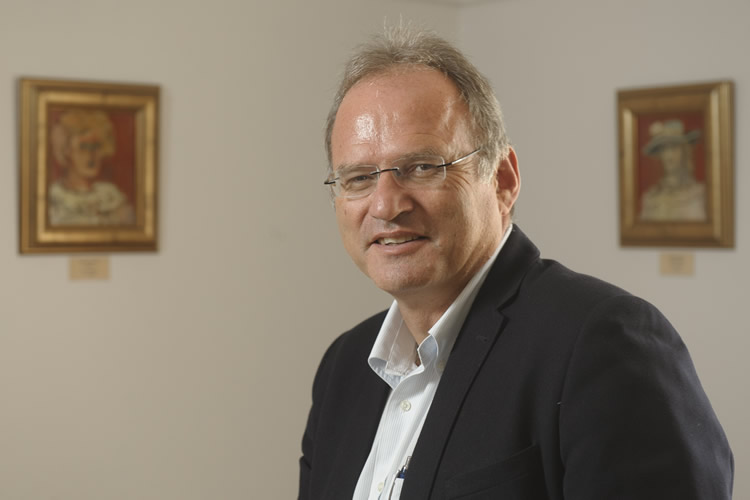Christof Heyns, professor in the Centre for Human Rights, University of Pretoria, was appointed by the United Nations Human Rights Committee, of which he is a member, to lead a two-year process to draft guidelines on the proper management of demonstrations. This will be the leading UN text setting out the international legal and other standards determining how States must approach mass protest and other forms of assembly.
The 18-member Human Rights Committee will start in March 2019 to draft the new guidelines, with inputs from the 172 States that are members of the International Covenant on Civil and Political Rights, as well as other interested parties, such as police organisations and NGOs
According to Heyns, demonstrations have come to play a significant role in some of the seminal political changes of the world in the last century – from the ending of colonialism to the repeal of segregation laws in the US, the end of apartheid and communism, and opposition to wars such as Vietnam and Iraq. It has also gone very wrong in many cases, ranging from the tragedy at Sharpeville to most of the countries involved in the Arab spring.
‘Clearly mass demonstrations serve an important role in the political process. We will need to learn our lessons from the past about how it is best managed. What we will be drafting are in effect rules of engagement for those involved in public protest.’ According to Heyns: ‘Some of the questions we will have to address are whether demonstrators can be required to ask for authorisation to demonstrate, or must merely give notice, and if they do not do so what are the consequences. When can force be used to disperse protests? An important element is what is the role of technology – the use (or blockage) of social media; body-worn cameras; less-lethal weapons such as conducted electrical as well as acoustic weapons, and also the question if and when the police may deploy drones in crowd control.’
Heyns currently also coordinates the development of the UN guidance on less-lethal weapons, and in his former capacity as UN Rapporteur on extra-judicial, summary or arbitrary executions he was the co-author of a 2016 joint report to the Human Rights Council on the management of demonstrations. He has written leading reports to the UN on the use of force by law enforcement, and accountability for abuses, including through the Minnesota Protocol on the investigations of potentially unlawful death. Heyns has investigated demonstrations that lead to loss of life in a number of countries, including the Ukraine and Burundi, and served as an expert witness to the Marikana Commission of Inquiry.
According to Heyns: ‘It seems fitting that South Africa plays a role in trying to work out the best way to deal with demonstrations – it was after all here that Gandhi, during his 21 years in the country, established the use demonstrations in its modern form. Mass action also played a significant role in the subsequent fight against apartheid, and continues to be a daily reality. We have much to contribute, and much to learn, from the global experience.’
![]()
For more information, please contact:
Prof Christof Heyns
Director
Institute for International and Comparative Law in Africa (ICLA)
Member of the United Nations Human Rights Committee
Professor of Human Rights Law
Tel: +27 (0) 12 420 6217
pumeza.matwa@up.ac.za


